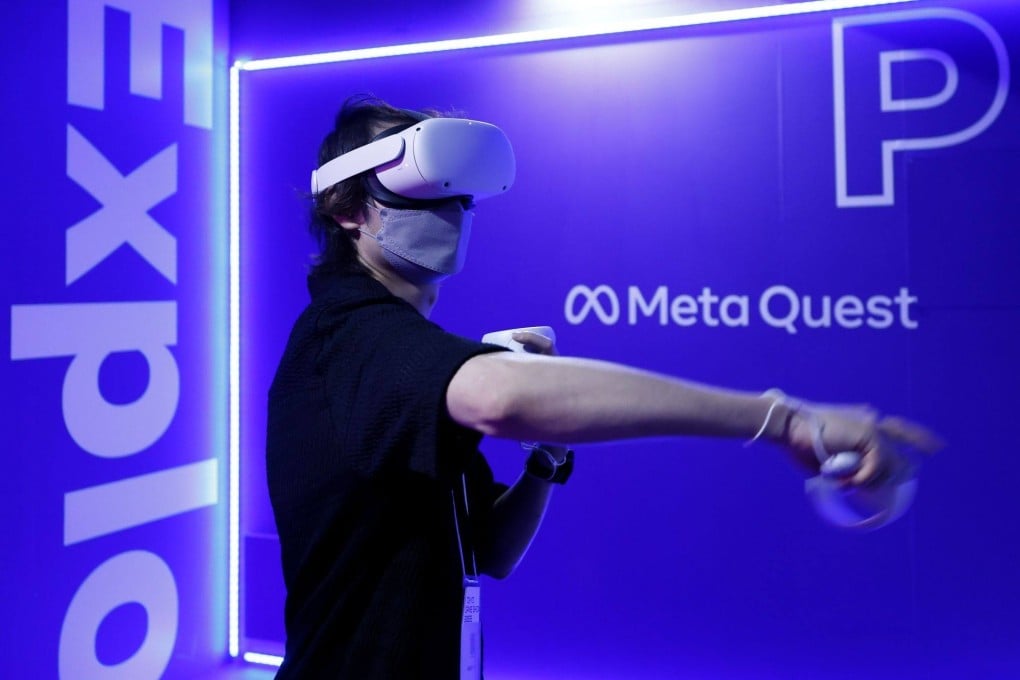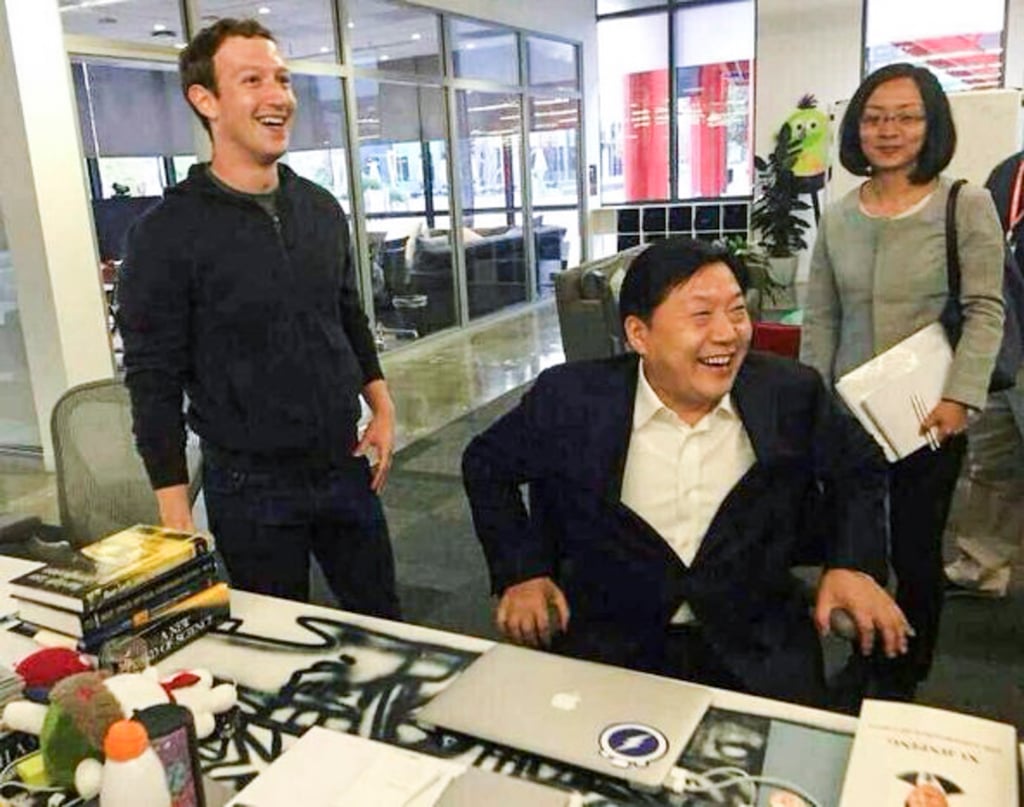Meta in talks to sell Quest 2 virtual reality headset in China after failing to bring Facebook to the country: report
- Meta Platforms is working with Tencent Holdings to sell the Quest 2 VR head to Chinese consumers, according to a report by 36Kr
- The collaboration will reportedly follow the set-up of Tencent’s partnership with Nintendo to distribute the Switch in China

The Shenzhen-based tech giant’s extended reality (XR) team is working with Meta to bring its Quest 2 VR headset to Chinese consumers at an undetermined date, the report said, citing unidentified sources.
A person with knowledge of the matter, who declined to be identified because the information is not public, confirmed to the South China Morning Post that Meta and Tencent are in initial talks regarding a partnership on Quest 2.
Neither Tencent nor Meta immediately responded to a request for comment on Tuesday.
Some Chinese consumers already had their first taste of the Quest 2, launched globally last October but not officially available in China, when Meta showcased the new headset at the China International Import Expo in Shanghai in November.
A distribution deal with Tencent would allow Meta to make inroads into the Chinese consumer market, which founder and CEO Mark Zuckerberg has long hoped to break into.

